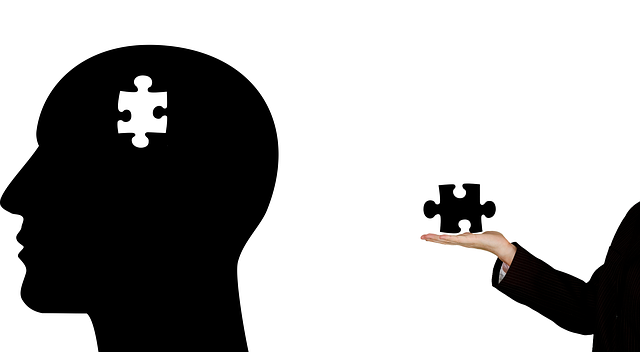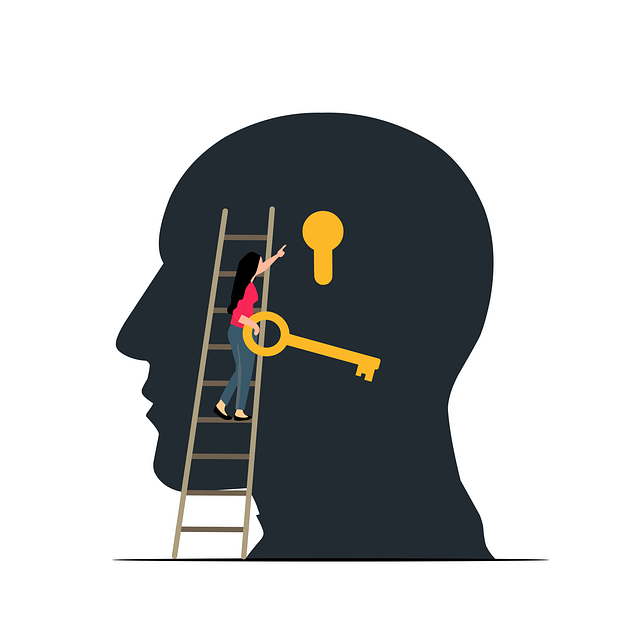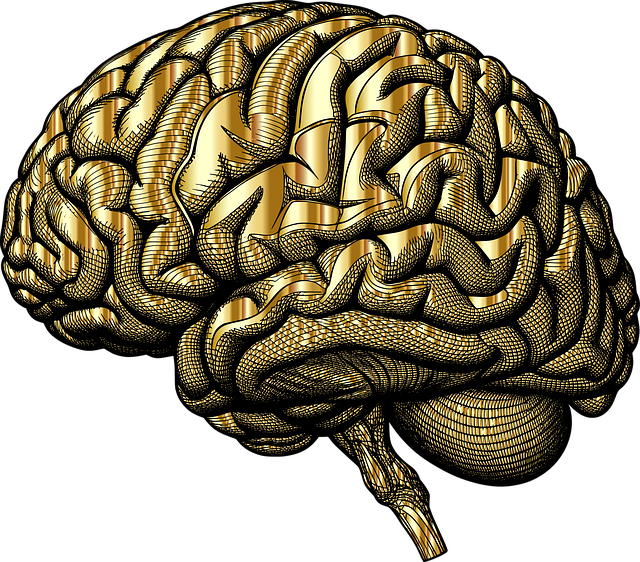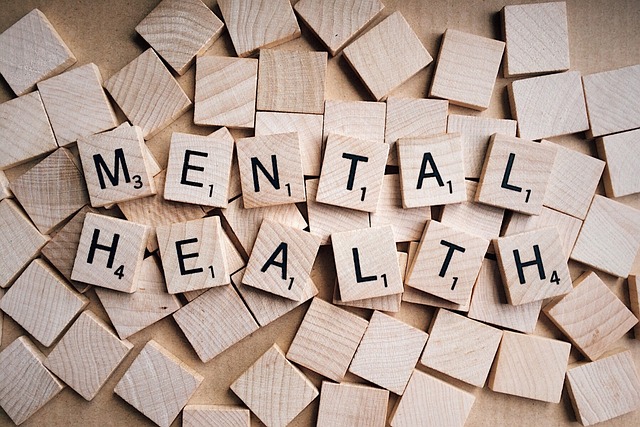Strong social skills are crucial for elderly mental well-being, combating loneliness and isolation that exacerbate depression or anxiety. Through therapy for elders focusing on parenting skills and coping mechanisms, professionals empower seniors to confidently engage in social situations. Community outreach programs offer tailored support systems, encouraging participation in activities and fostering meaningful relationships, leading to robust self-care routines for improved mental health. Customized therapy strategies, like role-playing and group therapy, reduce social anxiety and boost confidence, while targeted workshops on patience, listening, and stress management can be life-changing.
Social skills training is a powerful tool for enhancing mental health, especially among elders. This article explores three key aspects of improving social connections and overall well-being: understanding the significance of social skills in older adults’ mental health, examining the impact of parenting skills training on fostering social engagement, and providing effective strategies for delivering targeted therapy. By integrating these approaches, we can empower individuals to navigate social interactions with confidence, ultimately improving their quality of life.
- Understanding the Importance of Social Skills for Mental Health in Elders
- The Role of Parenting Skills Training in Promoting Social Engagement
- Effective Strategies for Delivering Social Skills Therapy for Mental Health Conditions
Understanding the Importance of Social Skills for Mental Health in Elders

For elders, strong social skills are vital for maintaining mental health as they age. Social connections and interactions play a crucial role in preventing loneliness and isolation, common issues that can exacerbate existing mental health conditions such as depression or anxiety. Through therapy for elders, focusing on parenting skills and coping skills development, professionals can empower this demographic to navigate social situations more effectively.
Many community outreach program implementations recognize the importance of these connections and offer support systems tailored to seniors’ needs. Encouraging participation in social activities, fostering meaningful relationships, and teaching effective communication strategies all contribute to a robust self-care routine development for better mental health. Ultimately, understanding and nurturing social skills can greatly enhance the quality of life for elders dealing with mental health conditions.
The Role of Parenting Skills Training in Promoting Social Engagement

Social Skills Training plays a pivotal role in promoting social engagement for individuals with mental health conditions, especially when combined with Parenting Skills Training. For elders navigating therapy, learning effective communication strategies can be transformative. These sessions equip participants with tools to interact comfortably in social settings, reducing anxiety and fostering meaningful connections. By integrating this training into their care plans, mental health professionals can enhance the overall well-being of their elderly clients.
Parenting Skills Training, tailored for elders, goes beyond traditional parenting techniques. It focuses on teaching emotional regulation, conflict resolution, and active listening—essential components for healthy relationships. As these skills are internalized, elders become more engaged in their communities, participating in social activities that were once challenging. Such training also empowers them to apply these communication strategies in therapy sessions, accelerating progress and improving outcomes.
Effective Strategies for Delivering Social Skills Therapy for Mental Health Conditions

Social Skills Training plays a pivotal role in enhancing mental wellness among individuals with various conditions. Effective strategies for delivering therapy should be tailored to the specific needs and challenges faced by each person, especially when targeting vulnerable groups like elders or parents. One proven approach is incorporating role-playing scenarios into sessions, allowing participants to practice communication skills in safe, simulated environments. This method has shown significant improvements in social anxiety and interaction confidence.
Additionally, group therapy sessions can foster a sense of community and shared understanding, benefiting both mental health and social skills development. Encouraging open dialogue within these groups helps individuals learn from one another’s experiences, while also promoting empathy and normalizing conversations around mental wellness. For parents seeking to improve their parenting skills in the face of mental health challenges, targeted workshops that teach patience, active listening, and stress management techniques can be transformative. Public awareness campaigns development that highlight these strategies can further reach a broader audience, fostering an environment where social support and understanding are prioritized.
Social skills training, particularly focusing on therapy for elders and parenting skills, plays a pivotal role in enhancing mental health and fostering social engagement. By implementing effective strategies, we can revolutionize support for individuals with mental health conditions. These interventions not only equip individuals with essential communication and interaction abilities but also promote community integration and overall well-being. Incorporating these practices into care plans ensures that folks receive holistic support tailored to their unique needs, ultimately improving quality of life.














